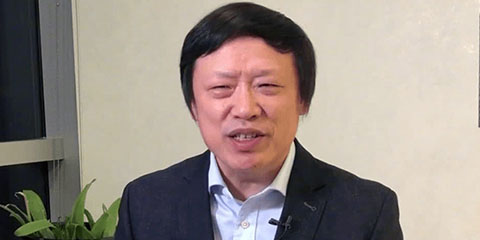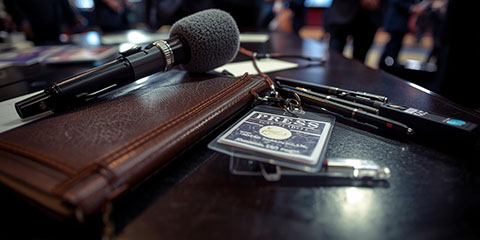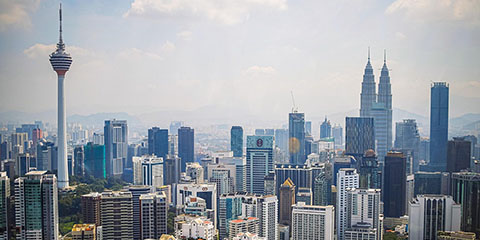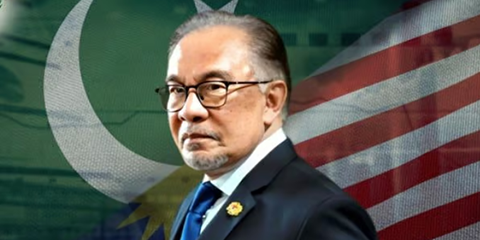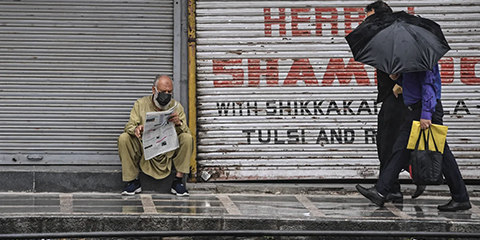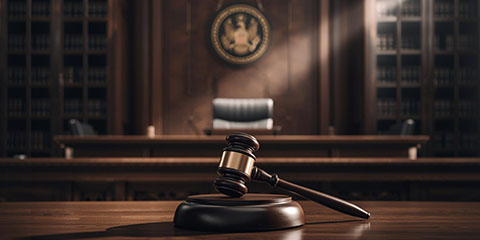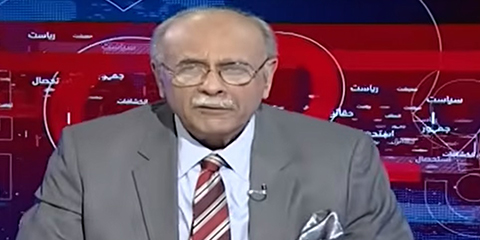India Supreme Court calls for an independent social media regulator
JournalismPakistan.com | Published 1 hour ago | JP Asia Desk
Join our WhatsApp channel
India’s Supreme Court directs the government to draft new digital content rules, including pre-screening of social media uploads and an autonomous regulator, raising major media compliance concerns.Summary
NEW DELHI — The Supreme Court of India has instructed the Union Ministry of Information and Broadcasting to draft a comprehensive regulatory framework for social media, declaring current self-regulation mechanisms inadequate. The court said that platforms operate with insufficient oversight and that user-generated content requires stronger preventive safeguards, not just reactive takedowns.
The bench noted that harmful or obscene content often goes viral before authorities can intervene, arguing that the absence of pre-screening exposes the public to material that can cause unrest or violate existing laws. The court emphasized that an autonomous, independent regulator is needed to ensure accountability across the digital ecosystem.
Regulatory expansion under review
The court also supported age-verification tools such as Aadhaar or PAN for access to content deemed sensitive or obscene. It noted that all digital content, including news, entertainment, user posts and AI-generated media, may need clearer and updated guidelines to ensure consistency and safety. Officials have already indicated that amendments to the 2021 IT Rules are under preparation to incorporate obscenity standards, AI/deepfake safeguards and accessibility requirements.
The directives follow petitions filed by digital creators who challenged police cases registered over allegedly obscene content posted online. While hearing the matter, the court said the goal is not to restrict free expression but to create a reliable filter ensuring problematic content does not reach the public unchecked. It has ordered the government to publish draft rules within four weeks and has encouraged consultation with legal experts, news professionals, and civil society groups.
Implications for newsrooms and platforms
The proposed rules could significantly affect newsrooms, platforms, and small digital publishers. Pre-upload screening may slow real-time reporting, increase editorial liability, and introduce new infrastructure costs. Smaller publishers and freelancers, who rely on quick digital distribution, may face disproportionate burdens. Wider regulatory coverage of news, streaming services, user-generated clips, and AI content suggests that multiple sectors of digital media will need to reassess compliance strategies.
KEY POINTS:
- Supreme Court directs the government to draft new digital content regulations
- Court calls for an autonomous regulator to oversee social media
- Proposed rules include pre-screening user-generated content before upload
- Age verification for sensitive content and updated AI/deepfake guidelines under consideration
- The government must publish draft rules within four weeks for consultation
- Newsrooms, creators, and platforms may face higher compliance and legal risks
ATTRIBUTION: Based on reporting from The Economic Times, The Indian Express, Hindustan Times, and Moneycontrol.



